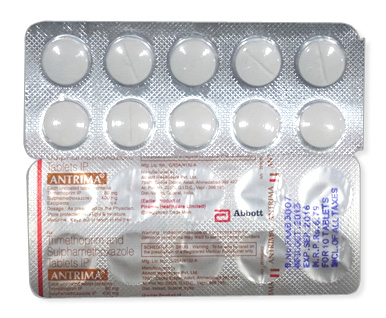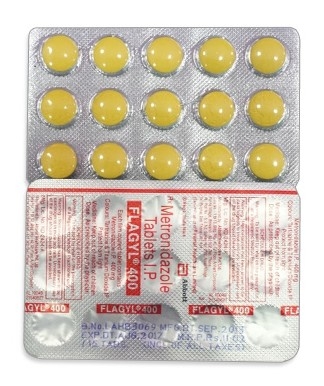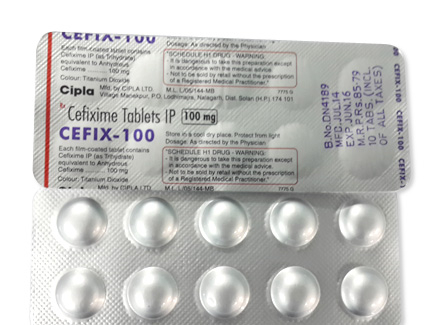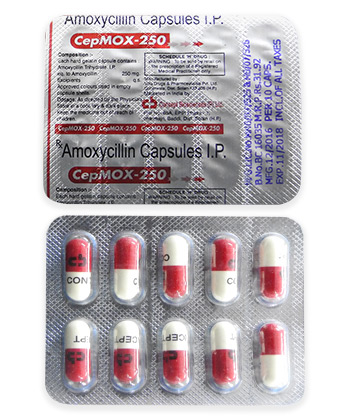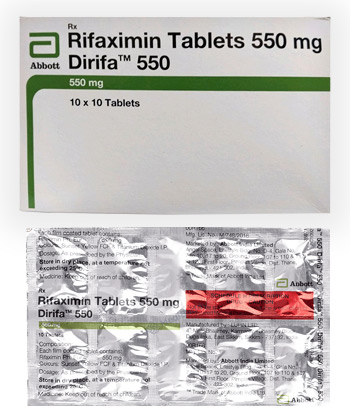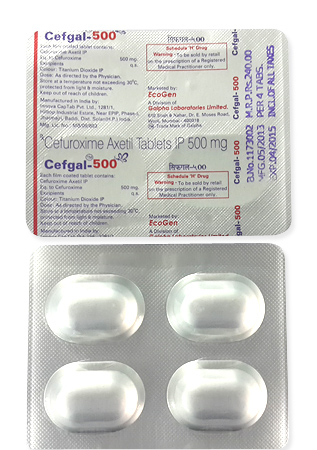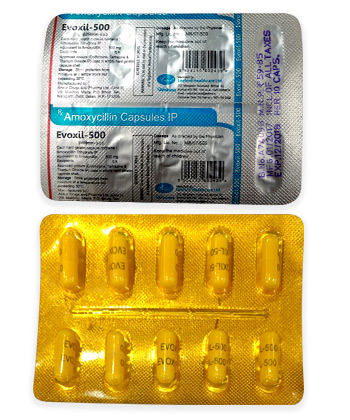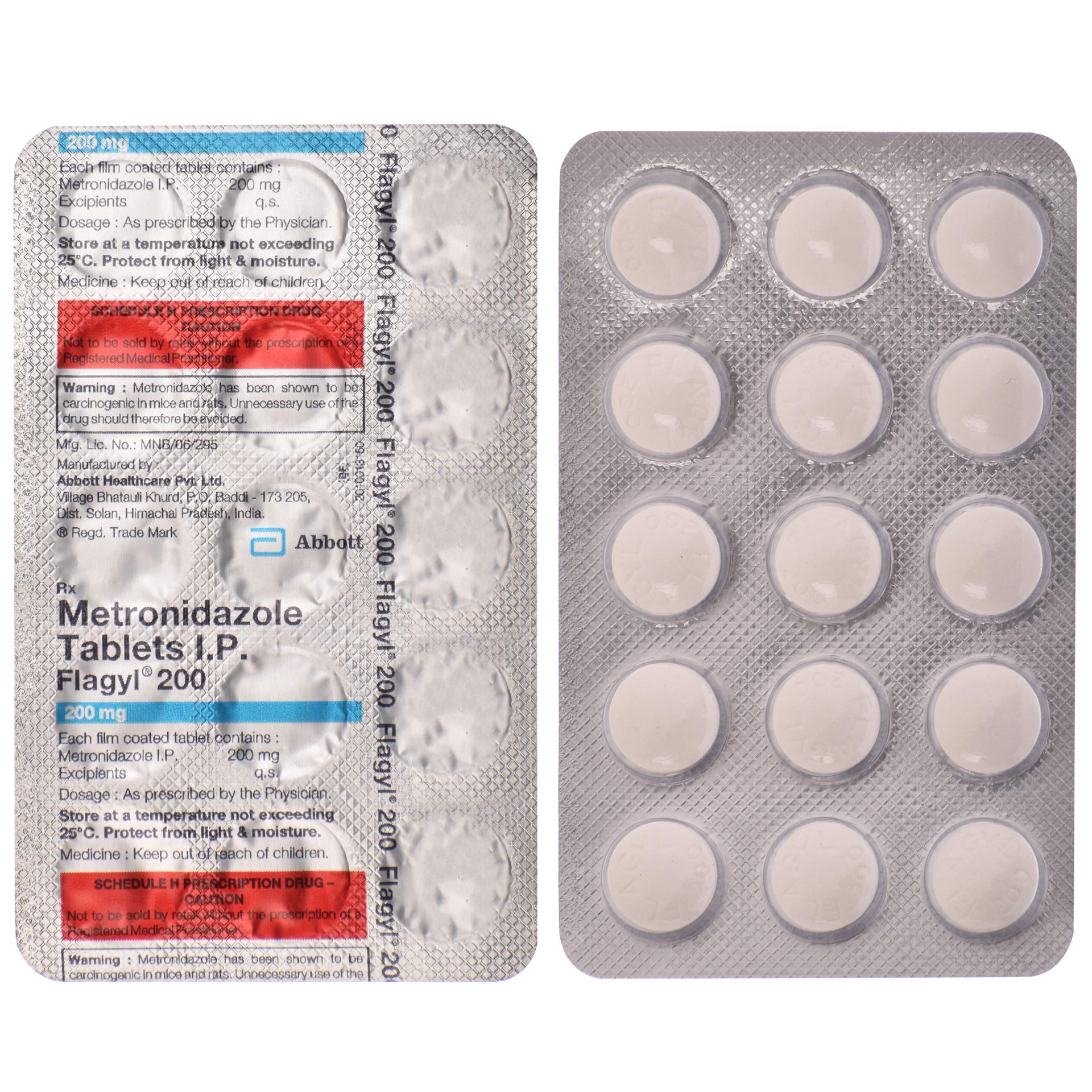Nitrofurantoin
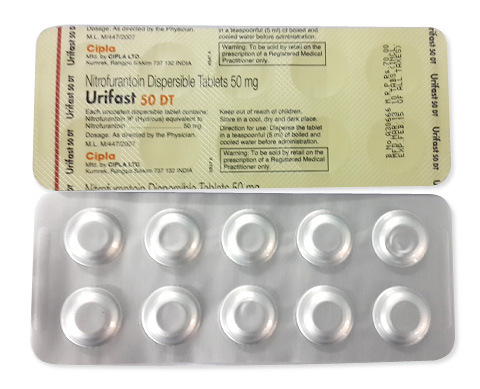
Nitrofurantoin
- Nitrofurantoin is available at pharmacies worldwide with a prescription. Delivery times and packaging vary by region and brand.
- Nitrofurantoin treats and prevents uncomplicated urinary tract infections by killing bacteria specifically in the urine.
- The usual adult dosage is 50-100 mg every 6-12 hours for uncomplicated UTIs (5-7 days) or 50-100 mg once daily for UTI prophylaxis.
- Capsules, tablets, or oral suspension.
- Starts working within a few hours after the first dose as therapeutic urine concentrations are quickly achieved.
- Each dose maintains antibacterial activity for about 6 to 12 hours.
- Avoid alcohol to reduce risks of worsened nausea or gastrointestinal side effects.
- Most common side effects include nausea, vomiting, loss of appetite, diarrhea, and benign brown-yellow urine discoloration.
- Would you like to try Nitrofurantoin with a prescription?
Basic Nitrofurantoin Information
| Attribute | Details |
|---|---|
| INN (International Nonproprietary Name) | Nitrofurantoin |
| Brand names available in United Kingdom | Furadantin, Macrobid |
| ATC Code | J01XE01 |
| Forms & dosages | Capsules: 50mg, 100mg; Modified-release capsules: 100mg; Oral suspension: 25mg/5mL |
| Manufacturers in United Kingdom | Teva UK, Mercury Pharma |
| Registration status | Approved prescription medicine by the MHRA |
| OTC / Rx classification | Prescription-only (POM) |
Nitrofurantoin appears in UK pharmacies under brand names like Furadantin and Macrobid. The medicine comes in different forms including 50mg or 100mg capsules, modified-release capsules, and an oral suspension commonly used for children. These prescription antibiotics require authorisation from a doctor or prescriber according to Medicines and Healthcare products Regulatory Agency standards. The UK supply chain includes manufacturers such as Teva UK and Mercury Pharma who distribute through NHS and private pharmacy networks. Special caution applies to neonatal usage - the suspension comes with clear pregnancy warnings as nitrofurantoin passes into breast milk and may pose risks to newborns.
Pharmacology Essentials
Nitrofurantoin works as a unique antibacterial by disrupting bacterial enzymes and cell wall synthesis. After absorption in the gut, it concentrates specifically in urine where it converts to its active form. This targeted action in the urinary tract makes it less suitable for bloodstream infections. Important food interactions exist - dairy products can reduce absorption effectiveness. Alcohol should be avoided entirely during treatment as it strains liver function during nitrofurantoin metabolism. For maximum bacterial inhibition in bladder infections, take doses with food or milk (unless dairy-free) to balance gastrointestinal tolerance with therapeutic urine concentration levels.
Approved Indications And Off Label Use
European Medicines Agency approvals permit nitrofurantoin for specific urinary issues. The primary indication treats uncomplicated cystitis cases, while secondary use involves preventing recurring UTIs through nightly low-dose regimens. Beyond its licence, specialists might prescribe it cautiously during pregnancy specifically for lower tract infections in the second trimester. Extra monitoring occurs if patients have G6PD deficiency due to potential haemolytic risks. Clinical guidance consistently advises against using nitrofurantoin for kidney infections or pyelonephritis. The medication lacks sufficient kidney tissue penetration to treat upper urinary tract infections effectively.
Standard Dosage Regimens
Standard treatment schedules vary between patients and indications:
| Condition | Dosage Form | Recommended Regimen |
|---|---|---|
| Uncomplicated cystitis | 100mg modified-release capsules | One capsule every 12 hours for 5 days |
| Recurrent UTI prevention | 50mg or 100mg capsules | One capsule nightly for up to 12 months |
| Paediatric UTIs (age >3 months) | 25mg/5mL suspension | 1.25mg/kg per dose four times daily (max 100mg/dose) |
For suspension administration in children:
- Shake the bottle vigorously for 30 seconds before measuring
- Use the provided oral syringe for accurate dosing
- Store at room temperature and discard unused suspension after 7 days
Missed doses should be taken when remembered unless nearing the next scheduled dose. Never double doses to compensate for forgotten antibiotic administration.
Nitrofurantoin Contraindications & Renal Warnings
Understanding when nitrofurantoin must be avoided is vital for safe treatment. Absolute contraindications include impaired kidney function with creatinine clearance (CrCl) below 45mL/min. This threshold exists because adequate kidney function is required to concentrate the drug in urine. Using nitrofurantoin when CrCl is too low risks treatment failure and systemic toxicity spreading beyond the urinary tract.
G6PD deficiency presents another critical red flag due to elevated risks of haemolytic anaemia. While not an absolute contraindication nationwide, many NHS Trusts classify it as such in their protocols. Hypersensitivity reactions to nitrofuran-class antibiotics also prohibit usage – initial signs may include unexplained rash, fever or breathing difficulties requiring immediate medical attention.
Pregnancy and Renal Considerations
- Pregnancy: Generally considered safe during trimesters 1-2 but avoided after 38 weeks due to neonatal haemolytic anaemia risks
- Breastfeeding: Permitted if infant is healthy and full-term (monitor for diarrhoea)
- Renal impairment: Estimated glomerular filtration rate (eGFR) must be ≥45ml/min/1.73m²
Gastrointestinal intolerance affects approximately 20% of users. Strategies like consuming capsules with meals or switching to macrocrystal formulations (e.g., Macrobid) can improve tolerance when clinically appropriate.
Nitrofurantoin Side Effects & Severity Levels
Most patients tolerate this antibiotic well, but recognising potential reactions helps manage concerns. Common side effects are generally mild:
- Nausea/vomiting (reduced by taking with food)
- Headaches or dizziness
- Harmless brown-orange urine discoloration
Severe reactions demand immediate cessation and medical review. Pulmonary toxicity manifests through persistent dry cough or breathlessness – predominantly with prolonged use exceeding six months. Liver complications may show as dark urine, jaundice or abdominal pain. Neuropathy symptoms include tingling extremities, while rare blood disorders cause unexplained bruising or fatigue.
MHRA Yellow Card Scheme data indicates pulmonary and hepatic issues occur in <0.01% of treatments. Online patient forums frequently mention disproportionate fatigue, though clinical studies don’t consistently corroborate this. Risk escalates significantly in renal impairment patients, reinforcing threshold adherence.
Patient Experience Insights with Nitrofurantoin
Real-world effectiveness data informs prescribing decisions across the NHS. Drugs.com patient reviews indicate a 72% satisfaction rate for UTI resolution, though lower scores frequently cite gastrointestinal distress. Taste complaints about paediatric oral suspensions remain prevalent – mixing doses with fruit juice often improves acceptance.
Adherence Challenges
Four-times-daily dosing presents notable adherence hurdles, particularly for:
- Working adults managing complex schedules
- Elderly patients with polypharmacy regimens
- Parents administering foul-tasting suspensions
Extended-release capsules (e.g., Macrobid) demonstrate higher adherence through simplified twice-daily schedules. Persistent nausea triggers early discontinuation in approximately 8% of cases according to UK pharmacovigilance reports. Community pharmacists play key roles in anticipating these issues through practical management tips during dispensing consultations.
Alternative Antibiotic Comparison for UK Patients
When nitrofurantoin isn't suitable, clinicians consider alternatives with different spectrums and logistical implications. Cost and resistance patterns significantly influence choices within NHS primary care settings.
| Antibiotic | Dosing Regimen | Cost (NHS) | Key Considerations |
|---|---|---|---|
| Trimethoprim | Twice daily for 3 days | £1.20–£2.50 | Over 30% E. coli resistance in some regions |
| Fosfomycin (Monuril) | Single sachet dose | £14–£18 | Convenient but costly; second-line option |
| Cephalexin (Keflex) | Thrice daily for 7 days | £3–£6 | Broader spectrum; used when first-line unsuitable |
Nitrofurantoin remains preferred for uncomplicated cystitis where local E.coli resistance is below 10%, as verified by UK Health Security Agency data. Its focused urinary tract activity minimises broader microbiome disruption compared to alternatives like amoxicillin. Prescribers weigh symptom severity, contraindications and resistance patterns within local formularies before initiating therapy.
UK Market Availability & Pricing
Searching for nitrofurantoin in UK pharmacies? This common antibiotic is widely stocked under both generic and brand names. Most local chemists like Boots and LloydsPharmacy carry it, though availability fluctuates during peak UTI seasons in winter months when demand surges. Generic versions dominate about a quarter of the market. Expect to pay between £8.99 to £14.99 for a standard 14-capsule pack of 50mg tablets. Prescription charges apply unless exempt - always present your NHS prescription. Tip: Smaller independent pharmacies sometimes offer slightly lower prices and can source alternatives during temporary shortages at larger chains.
Recent Research & Patent Status
Nitrofurantoin's effectiveness in vulnerable groups remains under study. New findings from last year indicate it achieves roughly 89% cure rates for uncomplicated urinary infections in elderly patients, with fewer adverse effects than fluoroquinolone alternatives. With primary patents expired since 2016, generics now dominate UK formularies. But research innovations continue: • Phase II trials for nano-engineered formulations aim to reduce gastrointestinal side effects • Ongoing surveillance confirms persistently low resistance rates compared to other antibiotics • Emerging data supports cautious use in selected renal-impaired patients under strict monitoring. The grandfather status of existing formulations keeps costs affordable.
Common Questions About Nitrofurantoin
Real patient concerns drawn from NHS forums highlight practical usage nuances. Can you have alcohol? Occasional moderate drinking doesn't reduce efficacy but intensifies nausea. Missed a dose? Take it immediately unless nearly time for next one - never double dose. Regarding caffeine: coffee won't interact but excessive amounts worsen stomach upset. Other frequent safety queries: • Driving alertness: unlikely to cause drowsiness unlike some antibiotics • Dairy interaction: calcium-rich foods reduce absorption; separate intake by two hours • Storage conditions: avoid bathrooms due to humidity • Disposal: return unused pills to pharmacy. Complication concerns: report breathing difficulties immediately, while cloudy urine warrants routine follow-up.
Practical Use Guidelines
Proper usage impacts both effectiveness and safety. Always swallow nitrofurantoin capsules whole with ample water during meals - food buffers stomach irritation. Critical interacting substances to time carefully: • Antacids: allow 2-hour gap before/after dose • Magnesium supplements: take at opposite ends of the day • Uricosurics like probenecid: may require dosage adjustment. Store tablets in original containers below 25°C, away from moisture. Liquid suspensions expire seven days after opening. Utilize symptom journals noting urinary frequency and discomfort levels; insufficient improvement after three days requires clinical review. UK NHS guidelines emphasise completing courses despite symptom relief to prevent recurrence.

